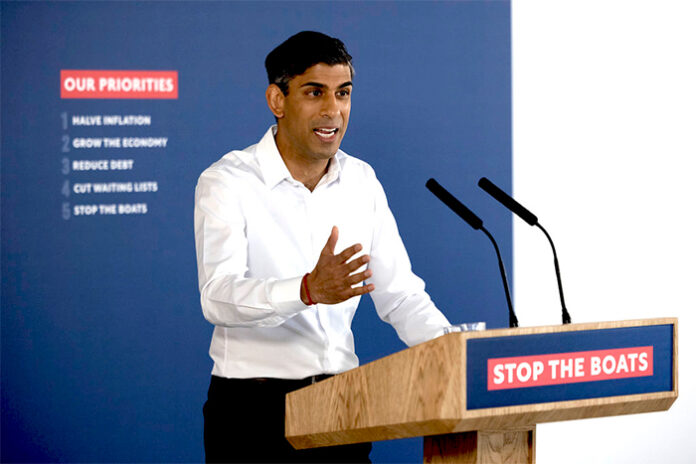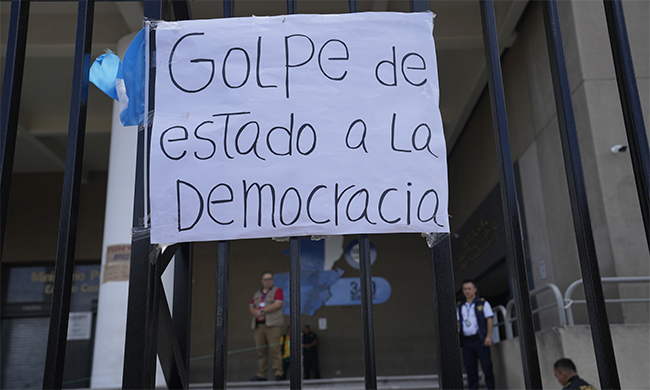photo: Baseball in Mexico may not be as popular as in the early 20th century, but still draws big crowds in modern stadia. (Diablos Rojos/Cuartoscuro)
by Leigh Thelmadatter
On April 29, I made the mistake of taking Line 9 of the Mexico City Metro just as fans from a game between the San Diego Padres and San Francisco Giants left the Alfredo Helú Harp Stadium. Although I had seen advertisements for the game, I never took Mexico for a baseball country.
We may have to rethink that at some point.
Without a doubt, soccer is king here, but baseball does have an important presence.
Several cities in the country claim to be the site of the first baseball game in Mexico: Guaymas, Sonora, Nuevo Laredo, Tamaulipas, Cadereyta Jiménez, Nuevo León and even the port of Veracruz. All are good candidates since they had significant contact with the United States, either through railroad construction or “visits” from the U.S. military. Another early introduction was in the Yucatán Peninsula, though this was via fans from Cuba.
By the early 20th century, baseball had become Mexico’s most popular sport, with Mexican teams regularly playing those from the U.S. and Cuba. In 1925, Ernesto Carmona established the Mexican League of Baseball, which is still Mexico’s most important league.
Mexican baseball’s golden age extended from the 1920s to the early 1950s in no small part due to the efforts of brothers Bernardo and Jorge Pasquel. In the 1940s into the 1950s, they raised the status of the sport, regularly recruiting players from Cuba, U.S. Negro leagues and occasionally from the “white” Major Leagues as well.
However, after World War II, they were unable to match the rising salaries in the U.S and in the post-Pasquel decades, the game experienced slower growth here, with 20 professional teams at its height.
These days, Mexican professional players are clearly focused on getting lucrative contracts in the United States, especially after the “Fernandomania” of Mexican pitcher Fernando Valenzuela during the 1970s and 1980s.
Mexican leagues have also struggled with the wild popularity of soccer and, at times, boxing. There are several theories why this is so.
Baseball’s appeal was always concentrated in certain sections of the country. As much as the U.S. influences Mexico’s culture, Europe is a major influence as well, and the sport there is soccer.
The shift in baseball players going off to play for U.S. teams certainly had an effect on baseball here as well. This talent drain hasn’t happened quite so much in professional soccer, where Mexican players divide their time playing for foreign and domestic teams, as well as represent Mexico in international tournaments.
But the work of the Pasquel brothers is important because it established a connection between baseball and Mexico’s industrial enterprises. For decades, Mexican companies have been essential in conserving and reviving the sport here.
The Cuauhtemoc Brewery established the Mexican Baseball Hall of Fame in 1973 in Monterrey, Nuevo León. Years later, the Alfredo Harp Helú Foundation (created by one of billionaire Carlos Slim’s relatives) moved it to its current building in the massive Fundidora Park, also in Monterrey.
The Slim/Helú family has been at the forefront of Mexican baseball for several decades now, promoting it both in Mexico and the United States. Their passion for the sport comes from their childhoods — some are old enough to remember the tail end of Mexican baseball’s “golden age.”
In 2011, Carlos Slim gave a rare interview with Puro Beisbol Magazine during the Red Sox/Yankee World Series, where he declared himself a “…fan of the Diablos Rojos [the Mexico City team], of the Yankees and of Babe Ruth.”
The family’s efforts consist of dominating professional baseball in Mexico and getting a foothold in the MLB. Harp Helú, opened the Alfred Harp Helú Stadium in Mexico City — home of the Diablos Rojos — and in 2009, Slim’s foundation built the Telmex Bicentennial Sport Center in Ciudad Nezahualcóyotl, México state, on a reclaimed landfill. A multisport center for use by the community, it includes baseball fields.
More importantly, the family has established baseball institutions to encourage an interest in baseball among the young and support their careers, such as the Alfredo Harp Helú Academy in the city of Oaxaca, and the Telmex-Telcel Baseball League, aimed at promoting baseball for kids aged 13–15 all over Mexico through tournaments in which locally organized teams can register to participate. According to the league’s website, it has served as feeder source for teams at the national level.
The purpose of these institutions is to find promising young talent and offer them academic and athletic scholarships. Students pay no tuition, but costs for educating them — covered by corporate benefactors — run around 30,000 pesos per student, per month. The Oaxaca academy has been quite successful, placing about 20% of its graduates into professional teams in Mexico and the United States.
Other industrialists and professional teams have followed suit, not only seeing a way to develop talent but improve community relations. They include the Pastejé Academy, founded by the industrial group of the same name, located in northern México state; the academy of the Charros de Jalisco professional baseball team in Guadalajara, owned by the Gonzalez-Iñigo family, behind seed industrial giant Sesajal; and the Tigers Academy in Quintana Roo. The Tigers team were bought in 2017 by none other than Fernando Valenzuela, with the help of a group of business owners.
Harp Helú bought Mexico City’s Diablos Rojos in the 1990s, and a stake in the San Diego Padres in 2012. There is no doubt that the long term goal is to integrate Mexican baseball at a much higher level internationally, something that just might be of benefit on both sides of the border.
Over in the U.S., the MLB has had its own issues with losing market share to (American) football, and since the 2010s, has been working to broaden the sport’s appeal internationally, especially in Europe and Latin America.
The Giants vs. Padres game I ran into was part of these efforts in collaboration with the Slim/Helú family. The game brought in an impressive number of live fans and was broadcast internationally — and turned out to be an insane 27-run classic.
Without a doubt, there is big money backing the sport in Mexico, but it remains to be seen if slow-paced baseball can make a comeback in a fast-paced world, or whether it will remain a sport with a niche following both in Mexico and the United States.
Leigh Thelmadatter arrived in Mexico over 20 years ago and fell in love with the land and the culture in particular its handcrafts and art. She is the author of Mexican Cartonería: Paper, Paste and Fiesta (Schiffer 2019). Her culture column appears regularly on Mexico News Daily.
NOTE: This article originally misstated the owner of the Mexico City baseball team Los Diablos Rojos. The owner is Alfredo Harp Helú.








